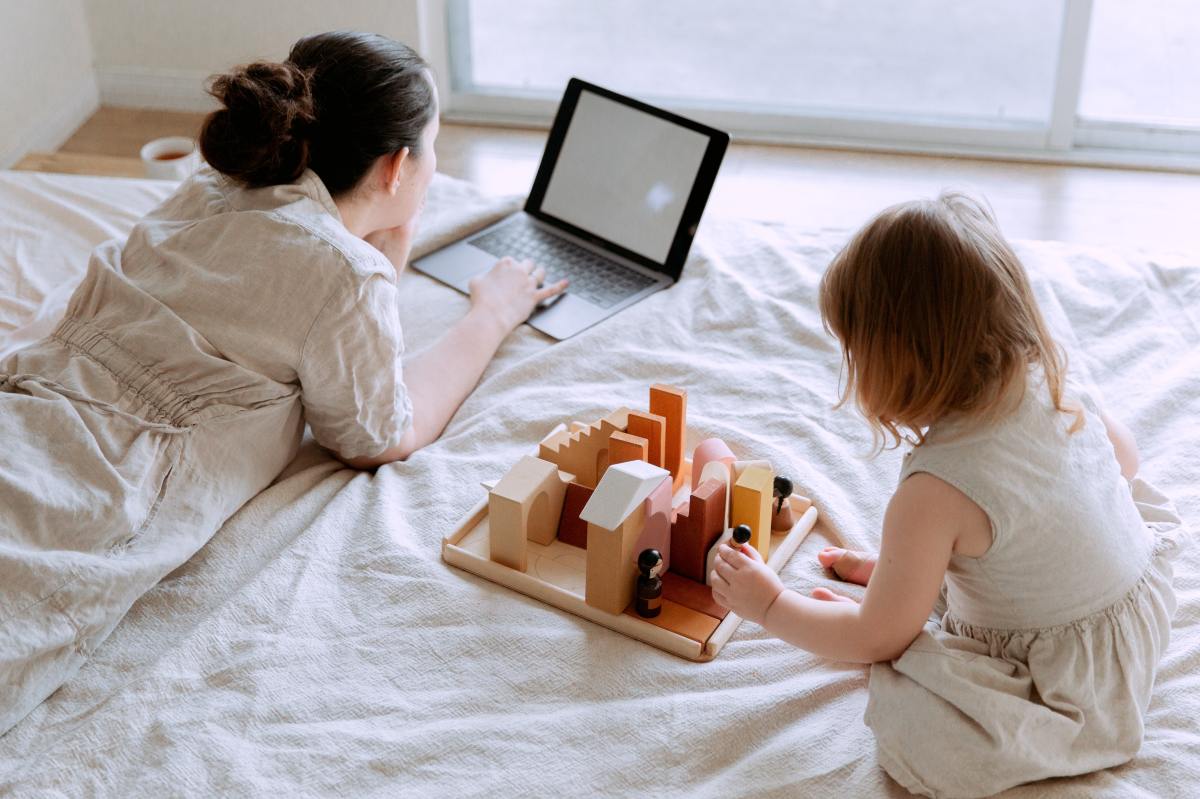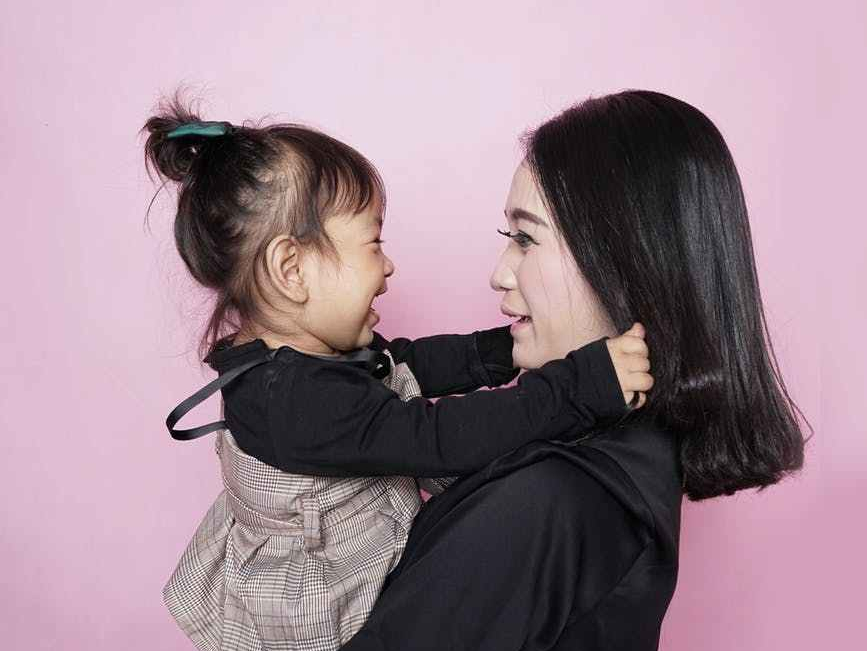You are not alone. Be inspired by the personal stories of these public figures and #BreakTheStigma
Even though the understanding of mental health and its impacts have increased over the years, harmful stereotypes about mental health conditions still abound and deter people from seeking help when needed. Thankfully, more and more famous people are beginning to open up about their struggles with depression, anxiety, postpartum depression, eating disorders, addiction, and other mental health concerns. In doing so, they are helping to break down the stigma, encourage discussions, and inspire others to seek treatment.
Below are some celebrities who have publicly shared their mental health difficulties in the media:
- Prince Harry

Prince Harry was 12 years old when his mother died, but it was only much later when he was 28 years old that he decided to seek professional help to address his grief. He revealed in a 2017 interview that in those two decades, he shut down all his emotions, felt very close to a complete breakdown, and experienced anxiety during royal engagements.
“I can safely say that losing my mum at the age of 12, and therefore shutting down all of my emotions for the last 20 years, has had a quite serious effect on not only my personal life but my work as well,” he admitted. “I thought that thinking of her was only going to make me sad and not going to bring her back. So from an emotional side, I was, like, ‘Right, don’t ever let your emotions be part of anything.’”
In 2016, he started the Heads Together charity with his brother Prince William and sister-in-law Kate Middleton. Heads Together combines a campaign to tackle stigma and change the conversation on mental health with fundraising for a series of innovative new mental health services.
“The experience that I have is that once you start talking about it, you suddenly realize that actually, you’re part of quite a big club.”
- Dwayne “The Rock” Johnson

The Rock is one of the busiest, richest, and most recognizable actors in the world, but his private life is also full of struggles and low points. In a 2014 interview, he reveals that he has experienced three bouts of major depression in his life – the first was when his promising football career was cut short due to injuries; the second was when he broke up with a long-time girlfriend, and the third occurred when he got divorced from this first wife.
“I found that, with depression, one of the most important things you could realize is that you’re not alone. You’re not the first to go through it; you’re not going to be the last to go through it … I wish I had someone at that time who could just pull me aside and [say], ‘Hey, it’s gonna be OK. It’ll be OK… Hold on to that fundamental quality of faith. Have faith that on the other side of your pain is something good.”
- Demi Lovato

The singer is an outspoken advocate for mental health awareness. In 2017, she produced “Beyond Silence”, a documentary that showcases the lives of three people who live with anxiety and depression, bipolar disorder, and schizophrenia (respectively). In the same year, she released “Simply Complicated” on YouTube, which chronicled her life and career, including her struggles with addiction, bipolar disorder, and bulimia, and her time spent in rehab.
“It’s very important we create conversations, we take away the stigma, and that we stand up for ourselves if we’re dealing with the symptoms of a mental illness,” Lovato said. “It is possible to live well and thrive with a mental illness.”
- Chris Evans

He may look strong and confident as Captain America, but in real life Chris is an intensely private person who experiences social anxiety during red carpet appearances, comparing them to “walking on hot coals.” In addition, he also suffers from what he calls a “noisy brain” which makes him second-guess everything and “turn casual conversations into whirlpools of self-doubt.” He has tried calming his mind through meditation, Buddhism, and by reading the books of spiritualist Eckhart Tolle.
“I’ve gotten better,” Evans says. But he still struggles sometimes with overanalyzing things, with letting his self-consciousness take over, with not just being present in the moment.
- Ryan Reynolds

In a 2018 interview, the 41-year-old actor shared that he has suffered from anxiety since his 20s. He turned to partying, and even self-medicating, to feel better but says he stopped taking drugs when several friends died from overdoses.
Red carpet appearances would give him stomachaches, and he had so much anxiety over taking on the role of Deadpool (he was worried about letting fans down) that it began to affect his sleep. He credits his wife, actress Blake Lively, as well as meditation apps like Headspace for calming his nerves.
“I have three older brothers,” he said. “Our father was tough. He wasn’t easy on anyone. And he wasn’t easy on himself. I think the anxiety might have started there, trying to find ways to control others by trying to control myself. At the time, I never recognized that. I was just a twitchy kid.”
- Lady Gaga

The singer was sexually assaulted when she was 19 years old, and developed Post Traumatic Stress Disorder as a result of not being able to fully process the traumatic event. “I did not have anyone help me, I did not have a therapist, I did not have a psychiatrist, I did not have a doctor help me through it,” she said. “I all of a sudden became a star and was traveling the world going from hotel room to garage to limo to stage, and I never dealt with it.” When she began to experience intense chronic body pain, she went to see a doctor and found out that the pain may have been triggered by the trauma and psychological stress of her rape.
Today, Lady Gaga is a staunch advocate for mental health issues, as well as LGBT rights. In 2011, she and her mother founded the Born This Way Foundation as a means of prioritizing the mental health and wellness of young people by working to promote kindness and open and honest conversations about mental health, validating the emotions of young people, and eradicating the stigma around mental health.
“Medicine really helped me. A lot of people are afraid of medicine for their brains to help them. I really want to erase the stigma around this,” she said.
- Sophie Turner

The actress became a household name when she starred in Game of Thrones at the age of 13, but the fame took its toll on her mental health. Scathing comments left on social media about her weight and appearance left her with body image issues and depression for years. Thanks to therapy and the support of her husband, Sophie is now better but admits to still having mental health issues from time to time.
“I had no motivation to do anything or go out. Even with my best friends; I wouldn’t want to see them; I wouldn’t want to go out and eat with them.”
MINDNATION IS HERE
Need a friend to speak to? MindNation psychologists are available 24/7 for teletherapy sessions. Book a session now thru bit.ly/mn-chat.




























